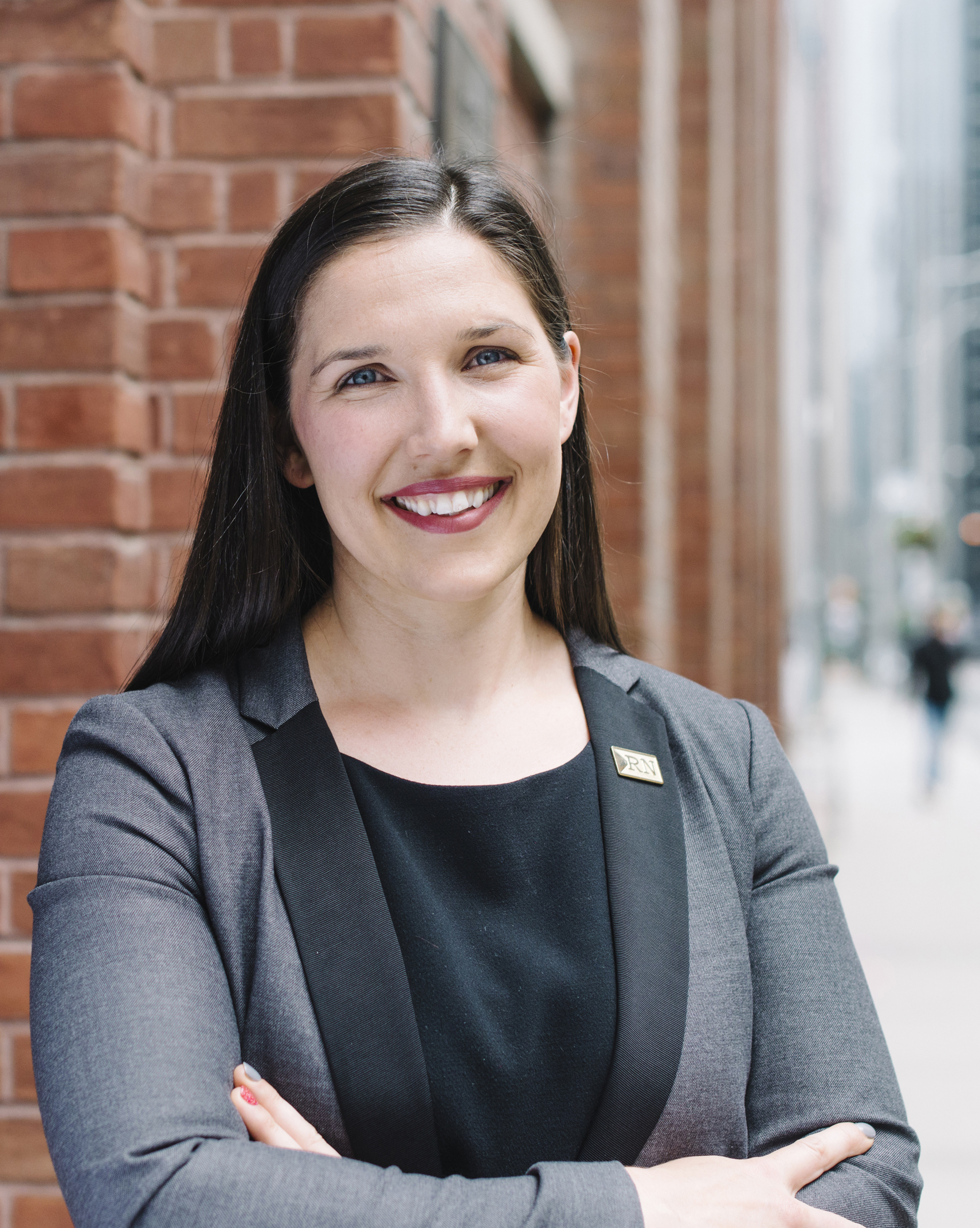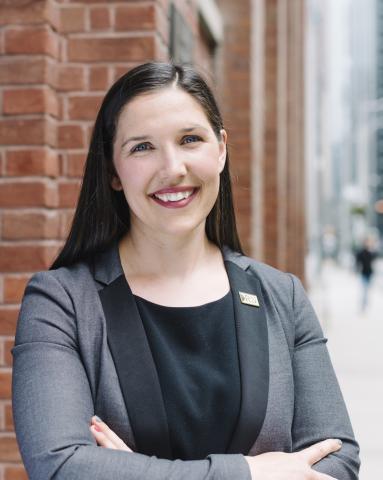The past 18 months have been a time of great challenge for all health-care workers. There is virtually no sector within the health system that has been untouched by the COVID-19 pandemic.
Whether you’ve been figuring out how to provide virtual services to clients, changing the type of clients for whom you provide care, or caring for those who have COVID-19, it has been a time of tremendous adaptability, change and challenge. Coping with the constant changes that have taken place during the last 18 months – in addition to the ongoing uncertainty of the situation – has been challenging for all nurses across Ontario. The amount of change and the pace of change has been unprecedented and has left many (if not all) of us feeling overwhelmed, defeated, frustrated and at times confused.
These feelings, though manageable for short periods of time, have been persistent. Learning to cope has been difficult for all Ontarians and especially those working day-in and day-out to keep patients, residents, clients and communities safe, while also trying to stay safe themselves and protect their families and loved ones. I have never received more emails or messages signed off with “stay safe” than I have during this pandemic.
When I reflect on March of 2020, the pandemic and response to the pandemic seemed exciting. It felt energizing to be part of something that would help to keep Ontarians safe from COVID-19 and would bring the entire health sector together for the common good. The long days and missed breaks, together with separation and isolation from my friends and family, made me feel like I was doing my part. In the early days of the pandemic, it wasn’t too onerous. But, I can honestly say that after six weeks, it didn’t seem exciting or energizing anymore. I no longer felt that we were in this short-term, or that there was an end in sight. I am disappointed that we are where we are now and that we continue to seem unprepared for the level of devastation we are seeing during the fourth wave. The government continues to ask more than is humanly possible – both physically and emotionally – from RNs across the province, without bringing in the help needed.
One thing that has helped me to cope with the pandemic is my connection to RNAO and membership in my professional association.
I am so proud to be your president and to help shape our responses at this difficult time. And, I am thrilled that as an RNAO member, I receive reliable and up-to-date information about the pandemic. As a member, I am also connected with more than 46,000 RNs, NPs and undergraduate nursing students. The collaboration that has taken place between individual members, RNAO chapters/regions and interest groups to support one another and offer different strategies for coping has been incredible and inspiring. Many groups have had a focus on self-care and coping over the past year, connecting members from different geographic regions in a way we have not seen before.
I attended and enjoyed a Region 7 self-care event earlier this year. I was told it would be a relaxing evening, but it turned out to be a very intense workout. It was energizing to be able to connect or re-connect with members virtually to participate in some Friday evening exercise, which thankfully, was followed by a yoga cool-down.
The Middlesex-Elgin chapter hosted a self-care series as well. I learned more about practical strategies to use positive psychology, healing touch, as well as Indigenous practices for self-care. Remaining positive through a crisis is vital to self care. And, as we saw through RNAO’s nurse wellness survey (see the results in this issue), respondents have felt a high level of support from RNAO during the pandemic, as well as a higher level of happiness. It is a fact: one of the benefits of RNAO membership is increased happiness.
I was talking with a friend recently about how ‘normal’ the pandemic lifestyle has become. It is important that we not lose sight of the fact that life over the past 18 months has not been normal, but necessary to prevent the spread of COVID-19 and to protect those who are most vulnerable in our communities. Social media has been a very frequently used tool for people to stay connected, but it also brings with it challenges. As a person who has followed public health guidelines, I have found it difficult to see those who are making different choices. I urge you not to become desensitized to the fact that we are still in a pandemic. We must continue to do our part to prevent the spread of COVID-19.
In time, we will see an analysis of how the pandemic was managed across the health system, as well as the health outcomes. My hope is that we are able to learn from this experience, and use that knowledge to be prepared for future pandemics.

